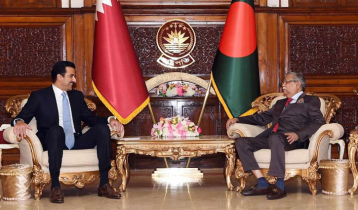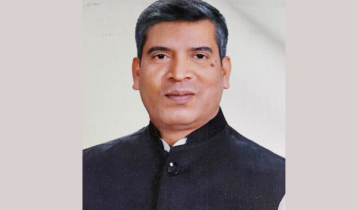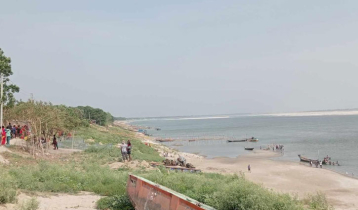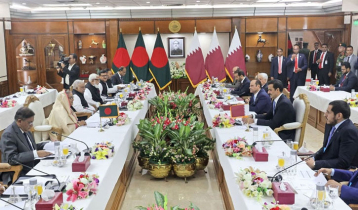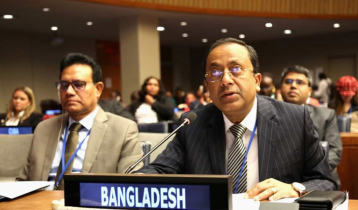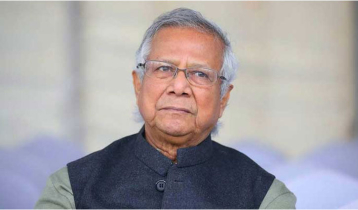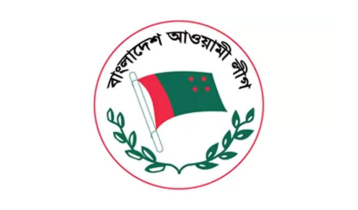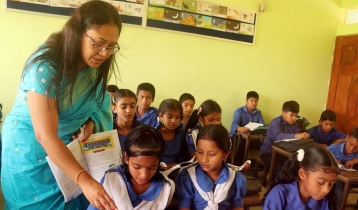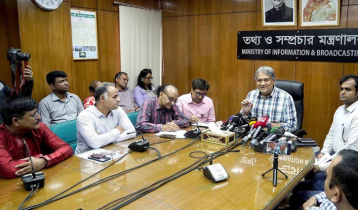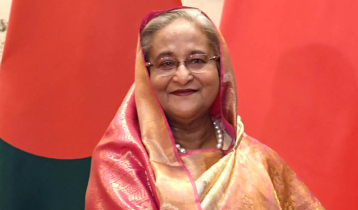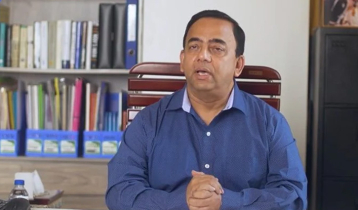International Day for Abolition of Slavery today
5 || risingbd.com
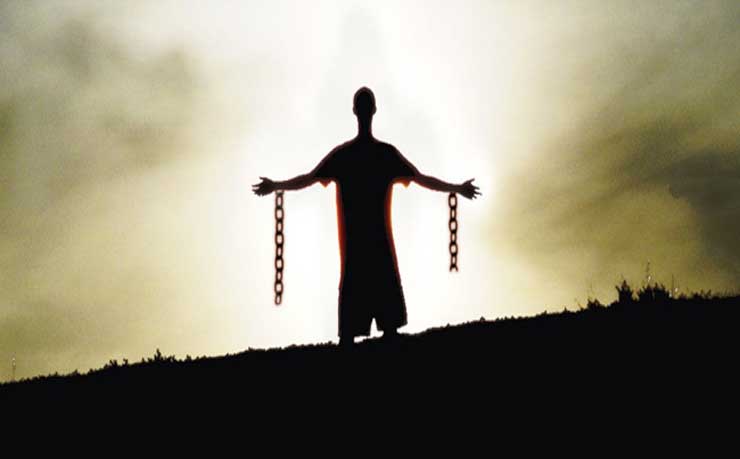
Desk Report: The International Day for the Abolition of Slavery, on 2 December 2016, marks the date of the adoption by the United Nations General Assembly of the Convention for the Suppression of the Traffic in Persons and the Exploitation of the Prostitution of Others. The Convention was approved by resolution of the General Assembly on 2 December 1949.
The focus of the day is on eradicating contemporary forms of slavery, such as trafficking in persons, sexual exploitation, the worst forms of child labour, forced marriage, and the forced recruitment of children for use in armed conflict.
The Convention for the Suppression of the Traffic in Persons and the Exploitation of the Prostitution of Others was approved by resolution of the General Assembly on 2 December 1949, and entered into force on 25 July 1951.
As at 7 November 2016, there were 82 parties to the Convention. The UN has documented the “persistence of old forms of slavery that are embedded in traditional beliefs and customs”, which it argues are the result of “long-standing discrimination against the most vulnerable groups in societies”.
Alongside the traditional forms of forced labour, such as bonded labour and debt bondage, there now exists more contemporary forms, such as migrant workers who have been trafficked for economic exploitation or forced prostitution. In 2012, the International Labour Organisation (ILO) estimated that there were nearly 21 million forced labour victims worldwide.
On 25 September 2015, the UN’s 2030 Agenda for Sustainable Development, adopted at an extraordinary summit of the UN General Assembly, addressed the issue of modern slavery. It set out a series of objectives, including the eradication of forced labour, an end to modern slavery and human trafficking, and the prohibition and elimination of the “worst forms” of child labour.
The UN Secretary-General, Ban Ki-moon, has stated that the 2030 Agenda for Sustainable Development should be used as a “roadmap for stamping out root causes and freeing all enslaved people”.
In 2014, the Home Office estimated that there were between 10,000 and 13,000 potential victims of modern slavery in the UK in 2013. Legislation relating to modern slavery was enacted across all UK jurisdictions in 2015.
The Modern Slavery Act 2015, most of the provisions of which apply to England and Wales only, consolidated and clarified the existing offences of slavery and human trafficking, and increased the maximum penalty for the most serious offences from 14 years to life imprisonment. It also set up the office of Independent Anti-Slavery Commissioner, whose role is to “encourage good practice in the prevention, detection, investigation and prosecuting” of slavery and human trafficking.
The most recent effort by the international community to address this crime at the global level is the Protocol to Prevent, Suppress and Punish Trafficking in Persons, Especially Women and Children, supplementing the UN Convention against Transnational Organized Crime which entered in force on 25 December 2003. The Trafficking in Persons Protocol provided, for the first time, a universally agreed upon definition of trafficking in persons.
It addresses human trafficking as a crime including all forms of exploitation and all types of victims, seeking to foster greater criminal justice action, and the protection and implementation of the rights of victims. The Trafficking in Persons Protocol commits ratifying States to combating trafficking in persons, prosecuting perpetrators, protecting and assisting victims of trafficking and promoting cooperation among states in order to meet those objectives. To date, 158 countries are party to the Trafficking in Persons Protocol.
According to the International Labour Organization (ILO), there are currently an estimated 21 million forced labour victims worldwide, creating US$ 150 billion in illegal profits in the private economy each year.
ILO has adopted a new legally binding Protocol designed to strengthen global efforts to eliminate forced labour, which entered into force in November 2016.
risingbd/Dhaka/Dec 2, 2016/Amirul
risingbd.com







